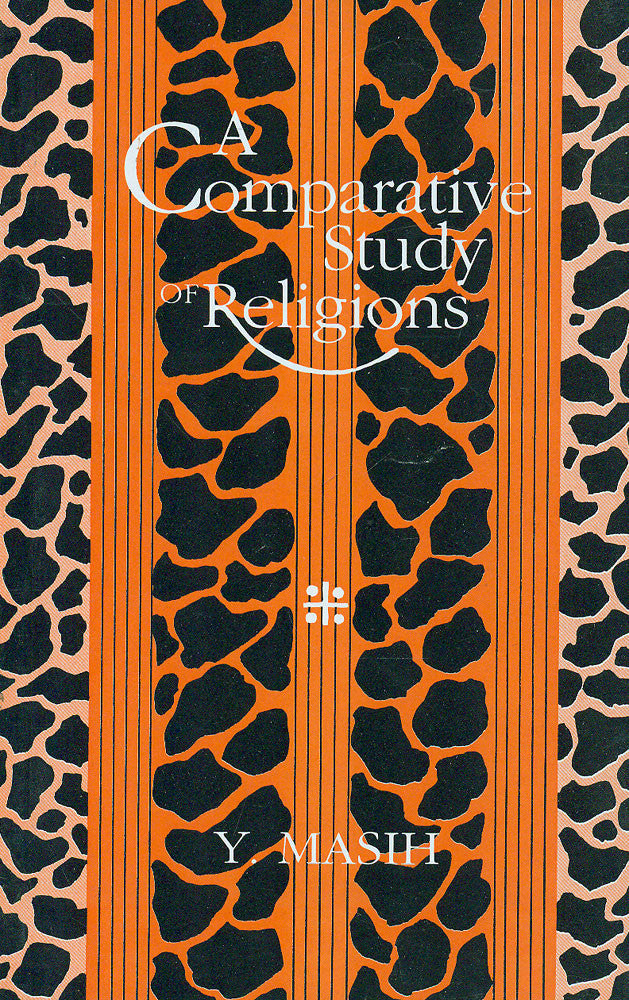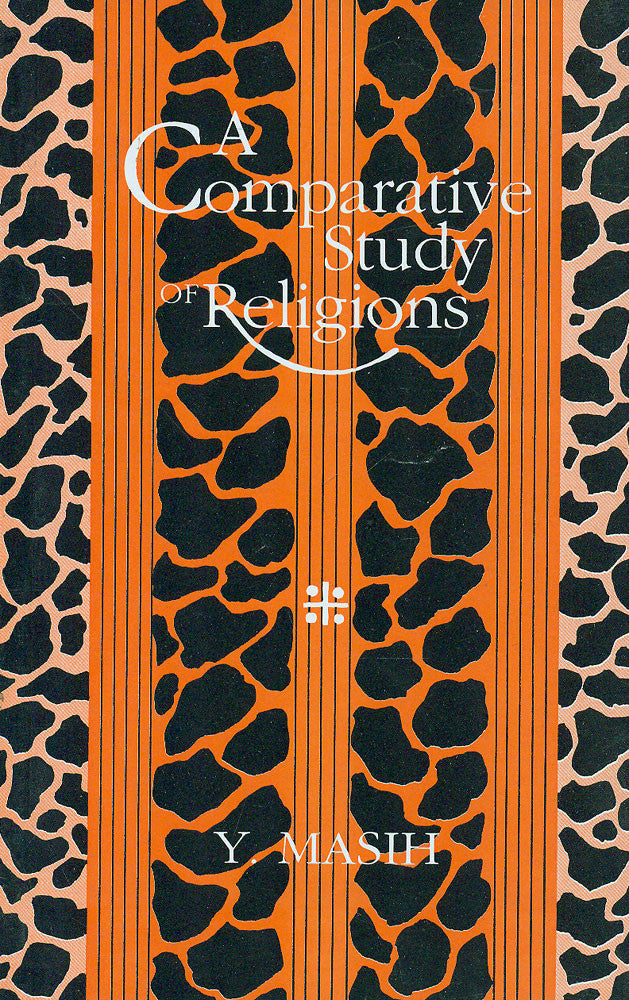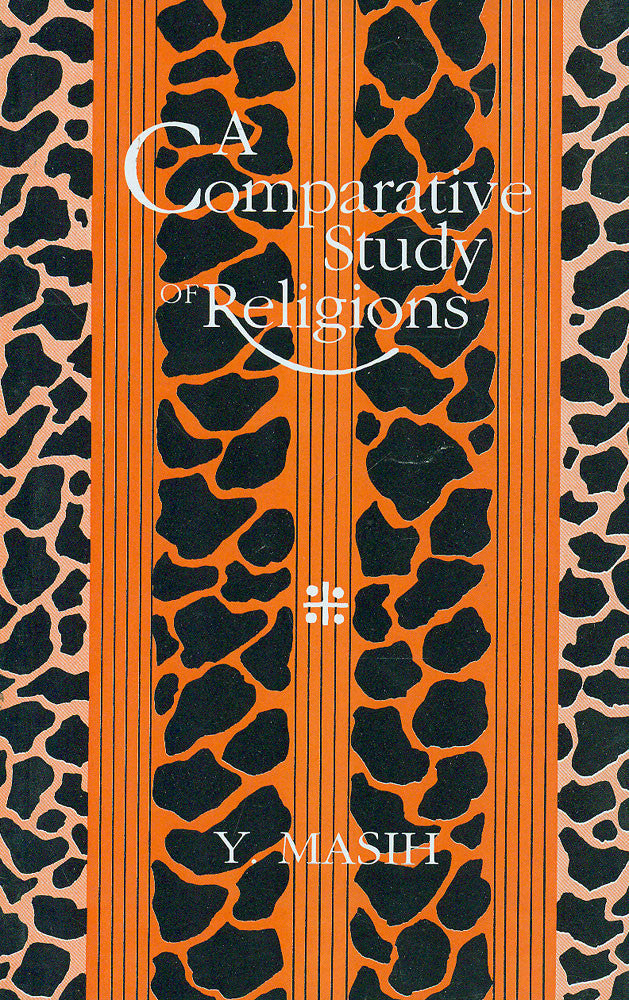A Comparative Study of Religions
A Comparative Study of Religions - Paperback is backordered and will ship as soon as it is back in stock.

A Comparative Study of Religions - Paperback is backordered and will ship as soon as it is back in stock.
A Comparative Study of Religions has been written by a scholar who has occupied himself with the subject of religion for over fifty years. But no finality can be claimed. e reason is that religion deals with what is transcendent in the sense that it deals with what man is going to be. Advaitism terms this futuristic end as becoming Brahman, Jainism as regaining one Ís pristine glory, theists as becoming gold fit for the heaven. However, Bergson and other evolutionists would say that religion is a collective and co-operative effort of men to become gods. This simply means the divinising of man what Aurobindo calls 'supermind'. They refer to a state beyond human ills, beyond human infatuation and beyond the befogging of human intellect. This is known in Jainism as sarvajnata.
One thing is clear that fighting with other human beings in the name of religion is subhuman. As religious men we are fellow-travellers in the direction of the realm of spirit. Here the nomenclature of Hindus, Muslims, Christians etc., ceases to be meaningful.
Of course, we have to go very far and we have not made any beginning yet. However, at present the advaitic principle of differenceless Brahman can serve the purpose of harmonizing all religions. Here we have adopted this principle. Secondly, the key-concepts of different religions have been shown to mingle into one another.
Reviews:
"The book aims at establishing harmony among religions and helping people towards the realization of 'God within Man'. Regarding 'Hinduism' the author thinks that if all these religions that accept the fourfold pillar of Karma Samsara Jnana Mukti may be called Hindu, then Jainism, Buddhism and Sikhism may also have to be called 'Hinduism'." - K. Kunjunni Raja, Adyar Library Bulletin, 1991
"The present book has been written by one who has occupied himself with the subject of religion for over fifty years. It is rooted in a genuine concern for developing a comparative study of religion in face of the 'fighting' between human beings in the name of religion. A dialogue or an encounter between religions is therefore just the thing needed at this juncture of human history." - K. Bagchi, JICPR, VIII, 3
"Designed as a textbook, this work gives a satisfying account of the major religions of the world; Zoroastrianism, Judaism, Christianity, Islam, Hinduism, Buddhism, Jainism, Sikhism. The common topics chosen for comparison are: God, world, soul, heaven, hell, day of judgement, destiny of each soul, rebirth, sadhana, etc. As far as possible, an account of the historical development of each religion is provided." - M.P. Pandit, Prabuddha Bharata
-
Pages
-
Edition
-
Size
-
Condition
-
Language
-
Weight (kg)
-
Publication Year
-
Country of Origin
-
Territorial Rights
-
Reading Age
-
HSN Code
-
Publisher




